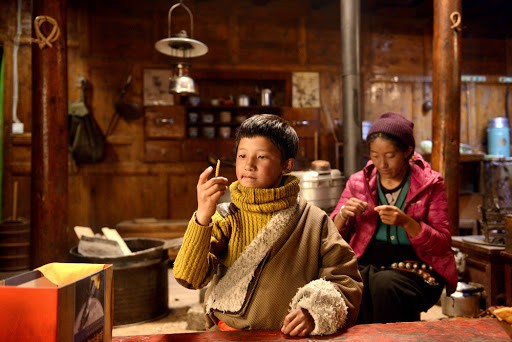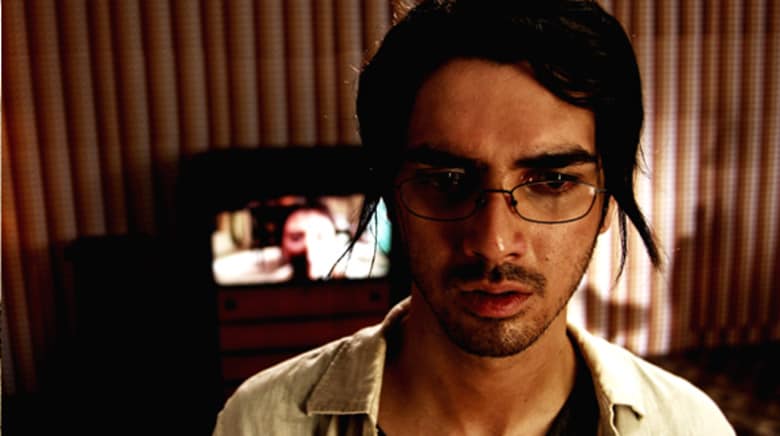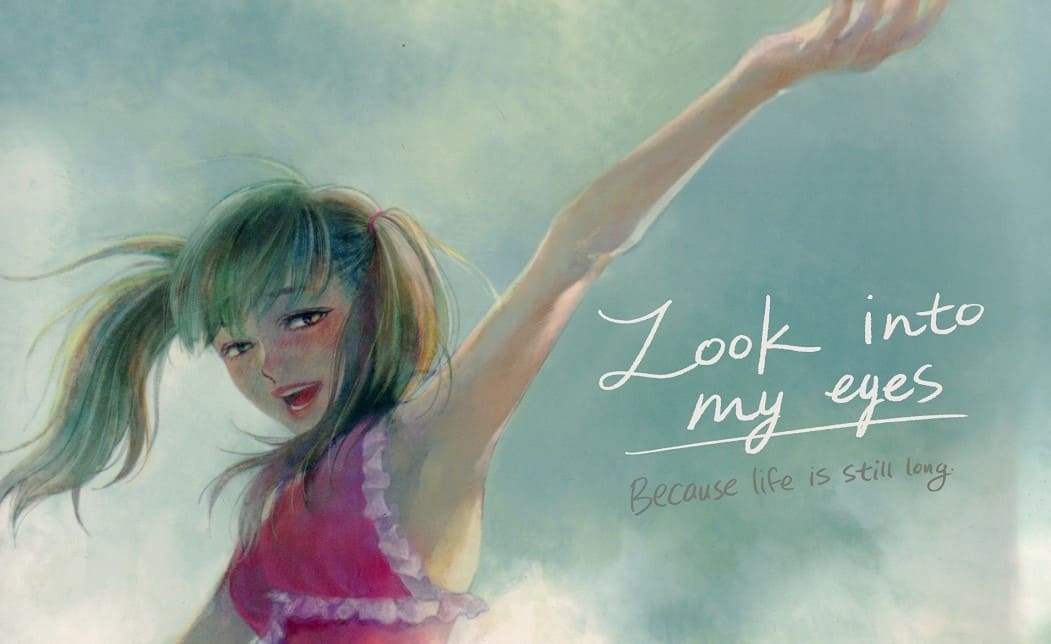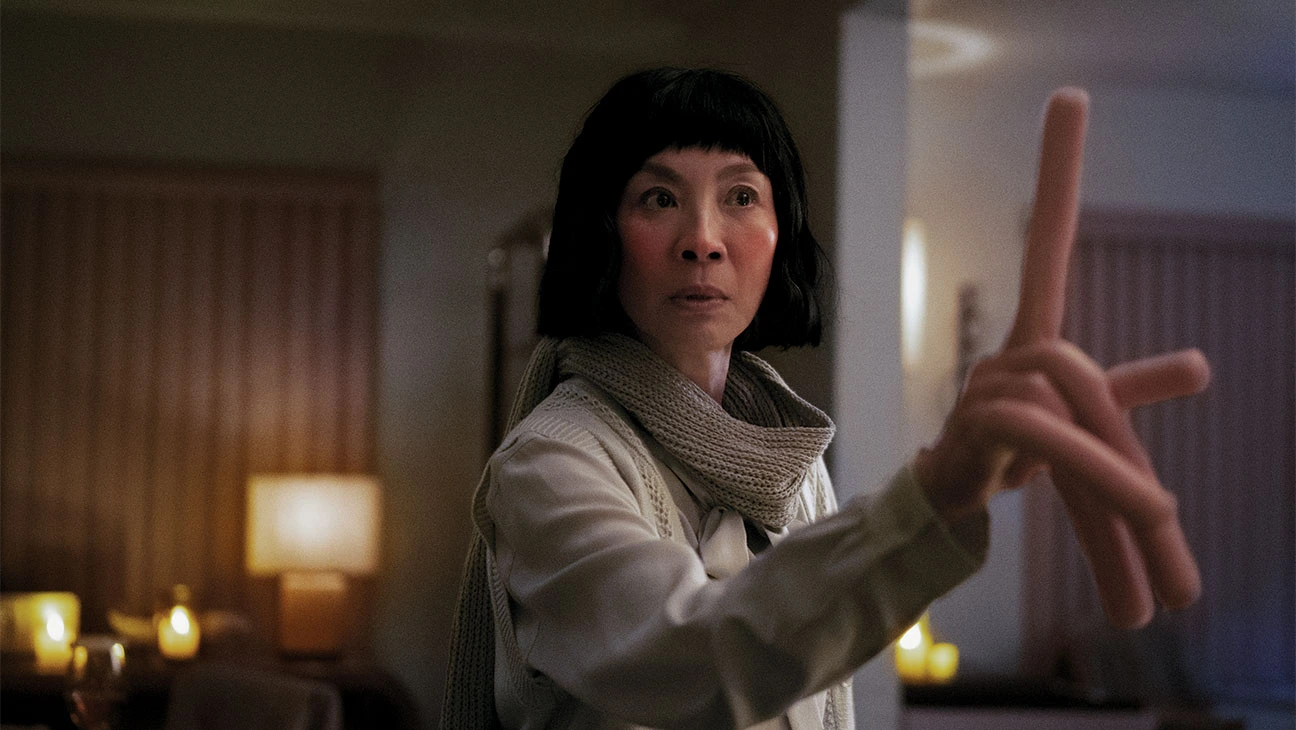Given their shared history, the relationship of Tibet and China has not been the best, to put it mildly. Nevertheless, with its rich wildlife, countryside and spirituality, Tibet remains something of an idyll to many people working in the field of culture, also in China. In order to make a movie in the country, Chinese filmmaker Zhang Guodong eventually moved to Tibet and has directed many documentaries over the years, such as “Rogan Family Affair”, which won Best Documentary at Hong Kong Documentary Film Festival. “Young Sangye” is his feature debut, telling the story of a young boy who lives a simple life in the rural part of Tibet, but has an unquenchable thirst for knowledge.
Together with his parents, Sangye (Ju Qiong Qin Zhe) lives in the heart of Tibet, in a small village close to the mountains. At his school, he is one of the best students as he tries to read and learn as much as possible and his free time allows him. Given his drive to learn more, his parents are often quite exhausted with their son, especially when he starts skipping school, claiming he can learn more about the world in nature. He also uses the time to find and collect coryceps, a kind of fungus he can sell to certain vendors and is used for medication and other purposes. With the money Sangye wants to buy an encyclopedia to finally be able to learn more about the world and nature.
During the school holidays, a few of the villagers go to the mountains in search for cordyceps, and this year Sangye and his parents join in. When a tradesman visits their tent to negotiate prices, the man is quite taken with Sangye's skills at calculating and doing business, but wants him to go to school again after the holiday. In order to encourage him, he says he will buy him an encyclopedia, if the boy keeps his promise and collects more cordyceps for him. However, when after the holiday the man does not show up again, Sangye becomes restless and eventually frustrated, and decides to make his way to the city in order to claim what is rightfully his.
Sangye is a character whose drive to gain knowledge and understand nature makes him very likable to the audience. In the same tradition as characters like Huckleberry Finn, Sangye is set on a goal to comprehend the world around him, a quest for experience which is not profit-oriented like the world of the adults, who have grown accustomed to the ways of the world without fully grasping them. Naturally, Sangye realizes the limitations of what his parents and school might teach him, choosing to search for experiences on his own, much to the frustration of his mother and father, as well as his fellow students who regard him as some kind of outsider.
In general, it is quite interesting to observe the clash between Sangye's world and the world of the adults. Occupied mostly with gambling and boozing, his father does not understand the drive for knowledge in his son, who eventually takes over the negotiations with the trader since his skills at calculating are much better and he is not easily fooled. However, as soon as the narrative switches from the countryside to the city, even Sangye must realize the limitations of his knowledge and the skills he acquired, resulting in doubt and disappointment. In the end, Guodong tells a story about becoming, a period of transition from the innocence of childhood to a something else, something which remains unclear and vague.
“Young Sangye” is a story about innocence and transition, as well as the thirst for experience and knowledge. Using the beautiful Tibetan countryside as backdrop, Zhang Guodong tells the story of a boy wanting to know more about the world and in the process learns about the harsh realities of the world of the adults.















